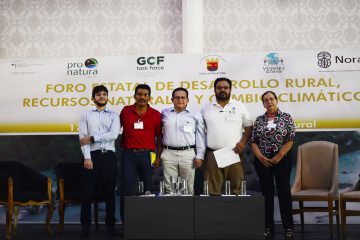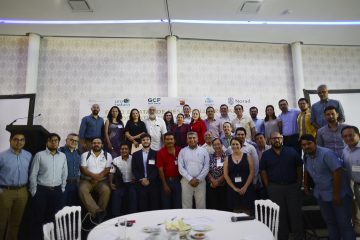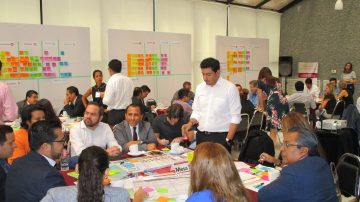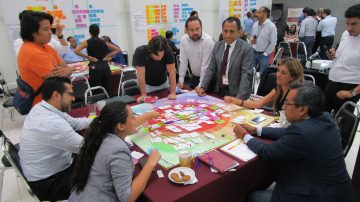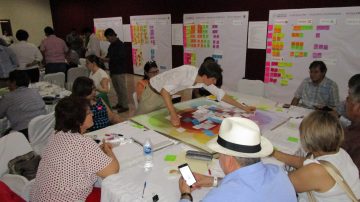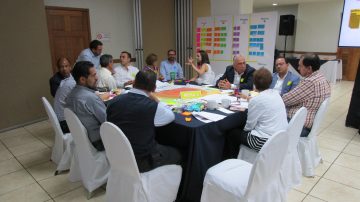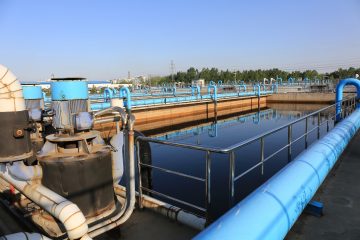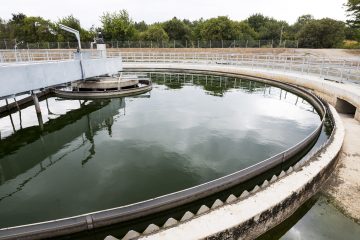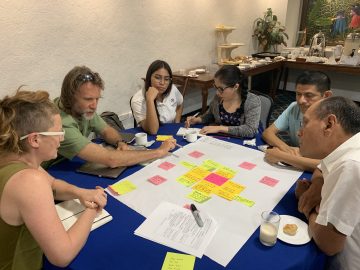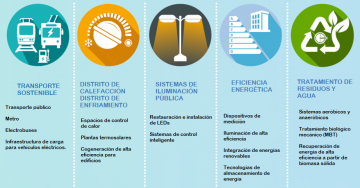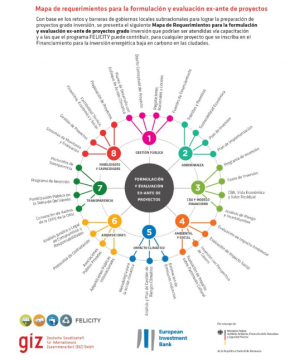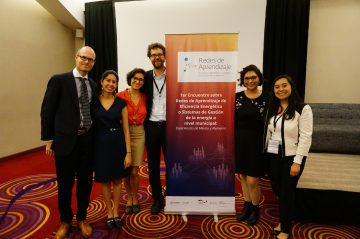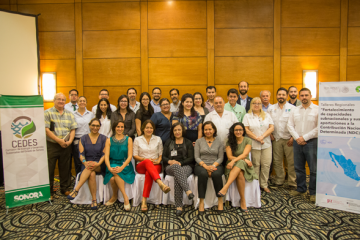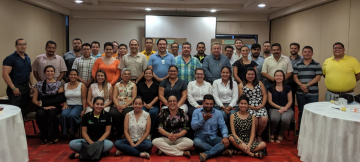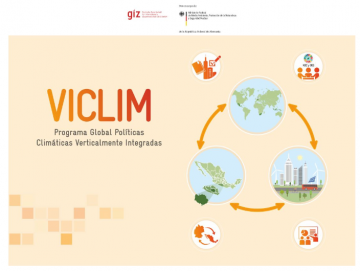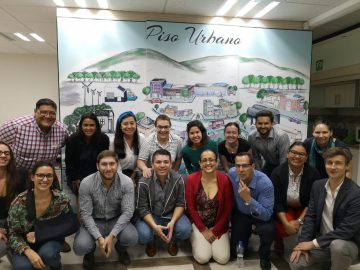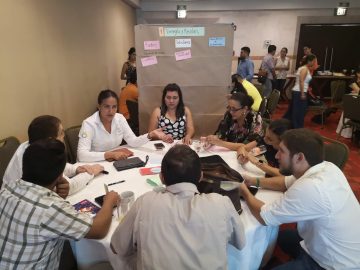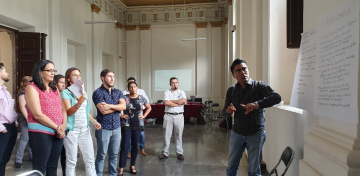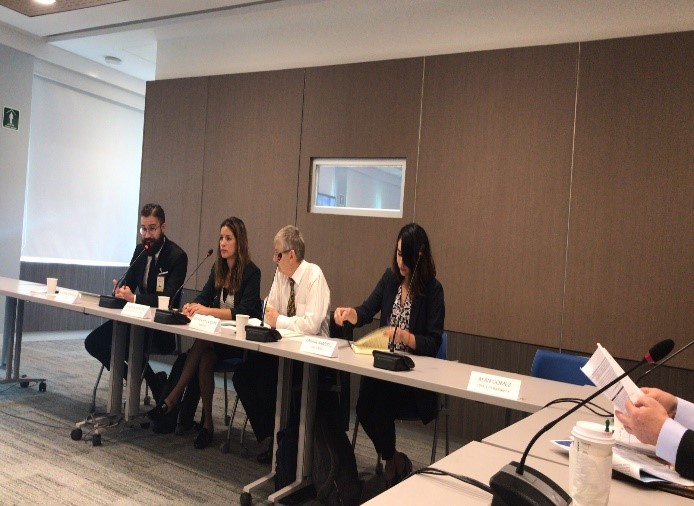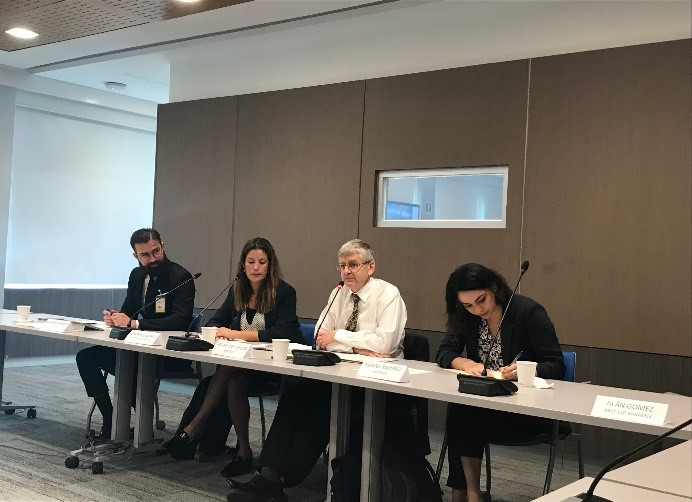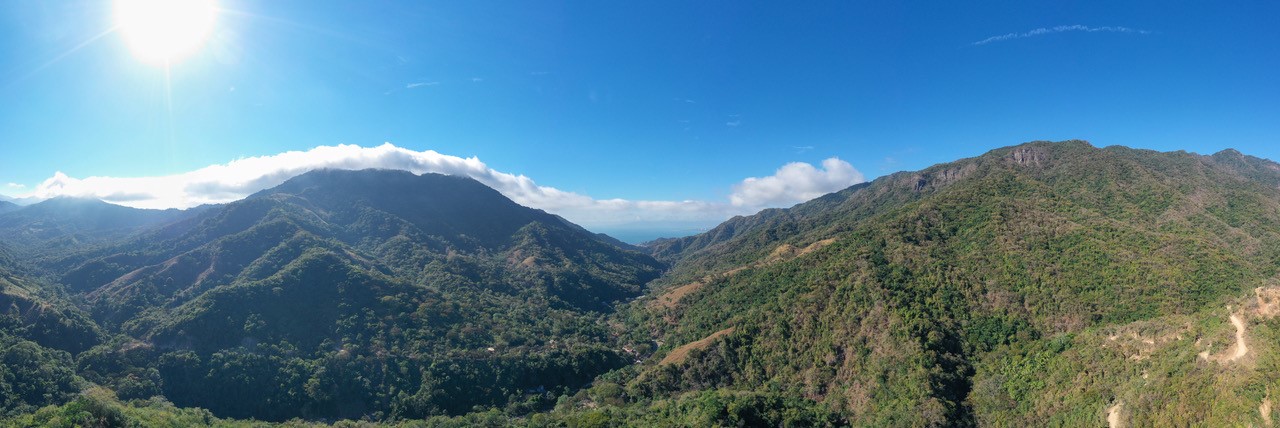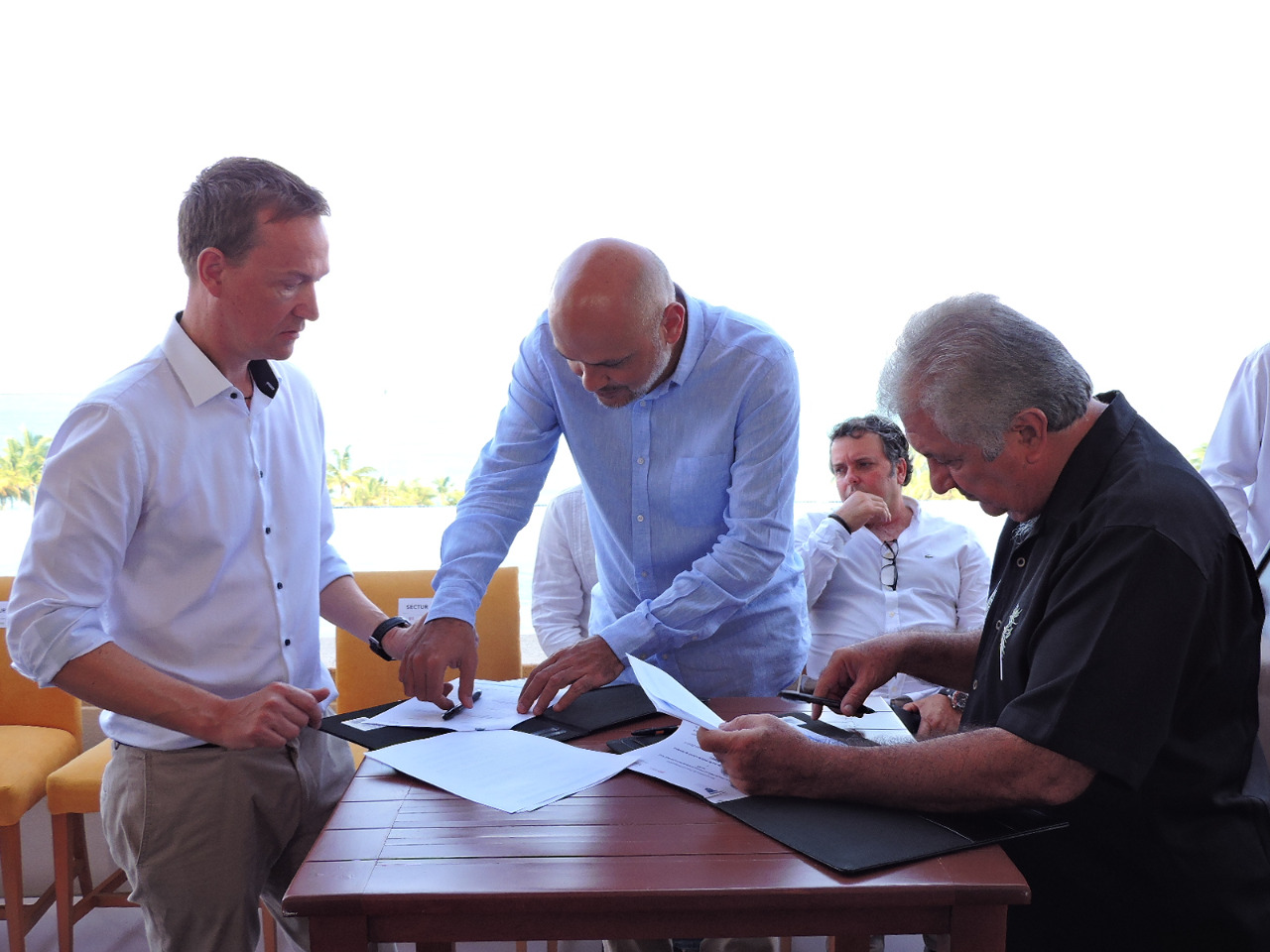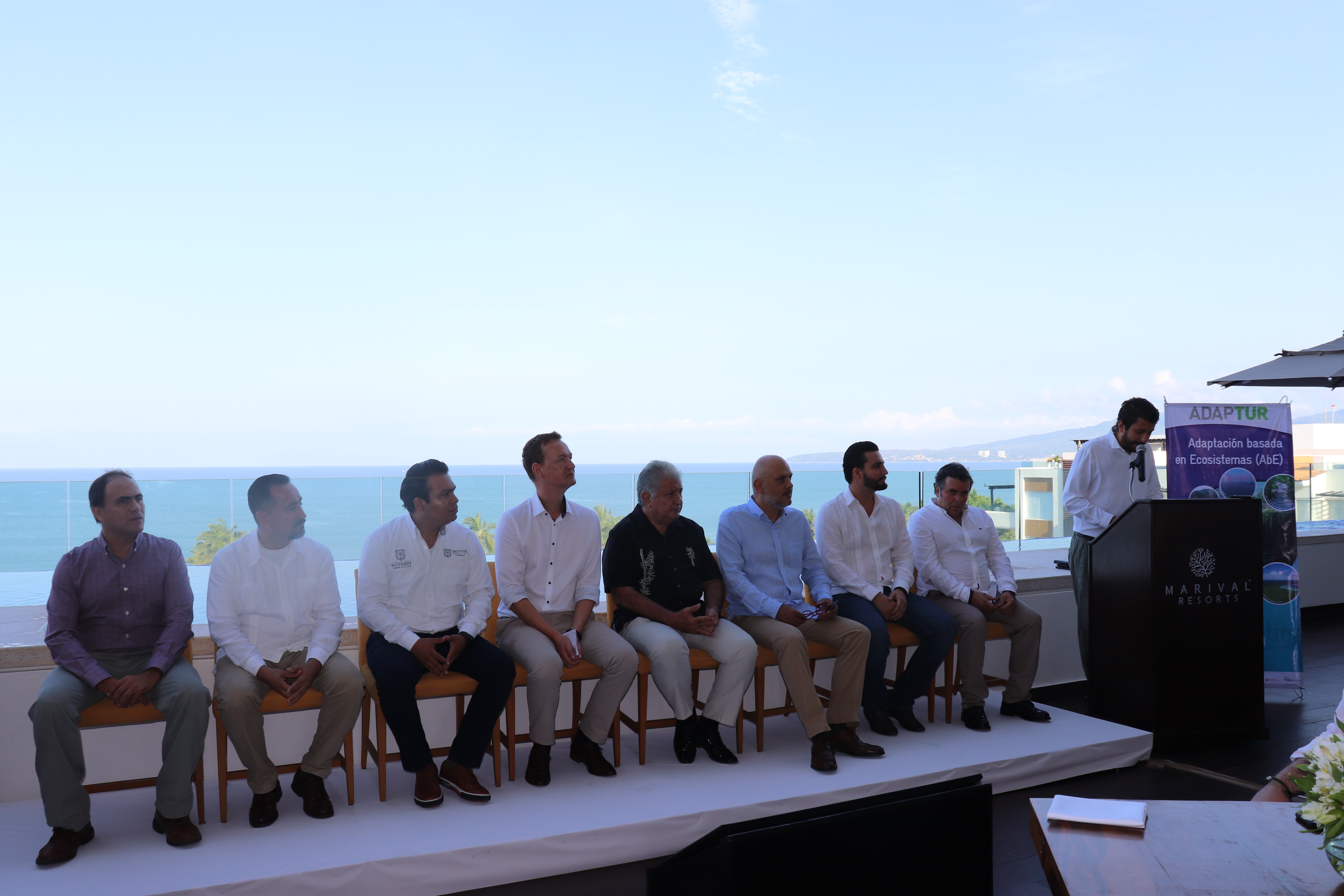State and municipal governments, as the government levels closer to citizens, possess the abilities and know the territory to address climate change challenges and implement actions that contribute to greenhouse gas (GHG) mitigation and to the adaptation in different areas, such as: urban development, transport, waste, forests, agriculture and livestock, among others.
Currently, all states in greater or lesser proportion are already developing actions, however, little is known about the benefits and/or impacts generated by their implementation. For this reason, it is essential to have a tool that allows knowing the progress in the implementation of actions in a transparent, comparable and exhaustive manner.
How to ensure that this tool is available locally?
The Ministry of Environment and Natural Resources (SEMARNAT) is building a “Monitoring system of climate actions at the subnational level”, as a tool designed from participatory mechanisms, which will allow states and municipalities to decide the type of actions to be instrumented and report their progress periodically, giving them the ability to incorporate new actions and guide them in the selection of new measures and their adequate monitoring.
With this system, the Government of Mexico will be able to announce the progress in the implementation of actions at the local level, incorporating said actions into the accounting of the contributions the local level contributes for the fulfillment of the Nationally Determined Contributions (NDC).
In addition, states and municipalities may have sufficient and reliable information to make appropriate decisions when allocating resources for the implementation of their actions. On the other hand, the system will allow them to know the progress of other states to achieve better communication, generate synergies and join efforts towards achieving a common goal: contributing to the mitigation and adaptation of climate change for the benefit of the citizens.
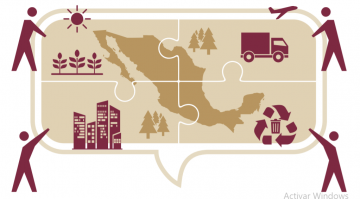
How will the system be built?
The construction of the climate actions monitoring system at the subnational level is a process that SEMARNAT will carry out with the support of the Deutsche Gesellschaft für Internationale Zusammenarbeit (GIZ) GmbH (German Cooperation for Sustainable Development) program ; which will be carried out in five stages:

The estimated development times of the stages are:
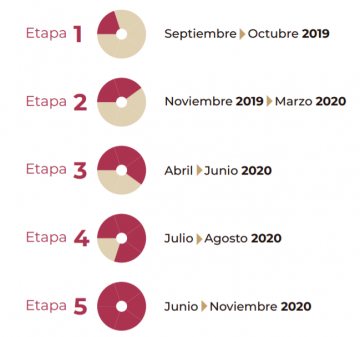
Participation of the states will be crucial to make the system work and be useful.
BENEFITS
- Common Reporting System
- Transparent and comparable information
- Basic methodologies for mitigation and adaptation actions
- Strengthen subnational capabilities
- Identification of exercised budgets will be possible
- For the first time, the participation of states and municipalities will be part of Mexico’s contribution to be presented to the United Nations Framework Convention on Climate Change (UNFCCC)

